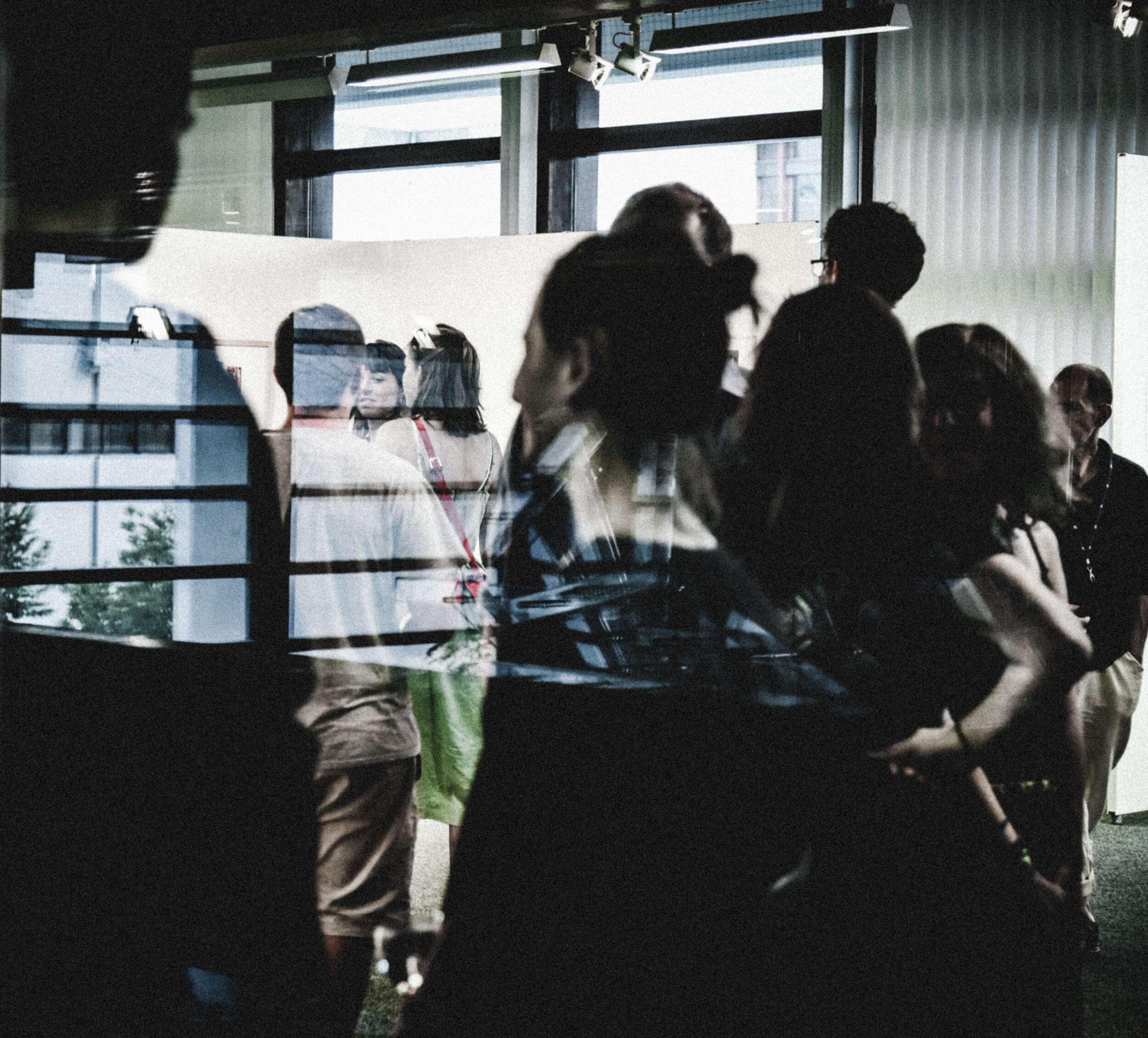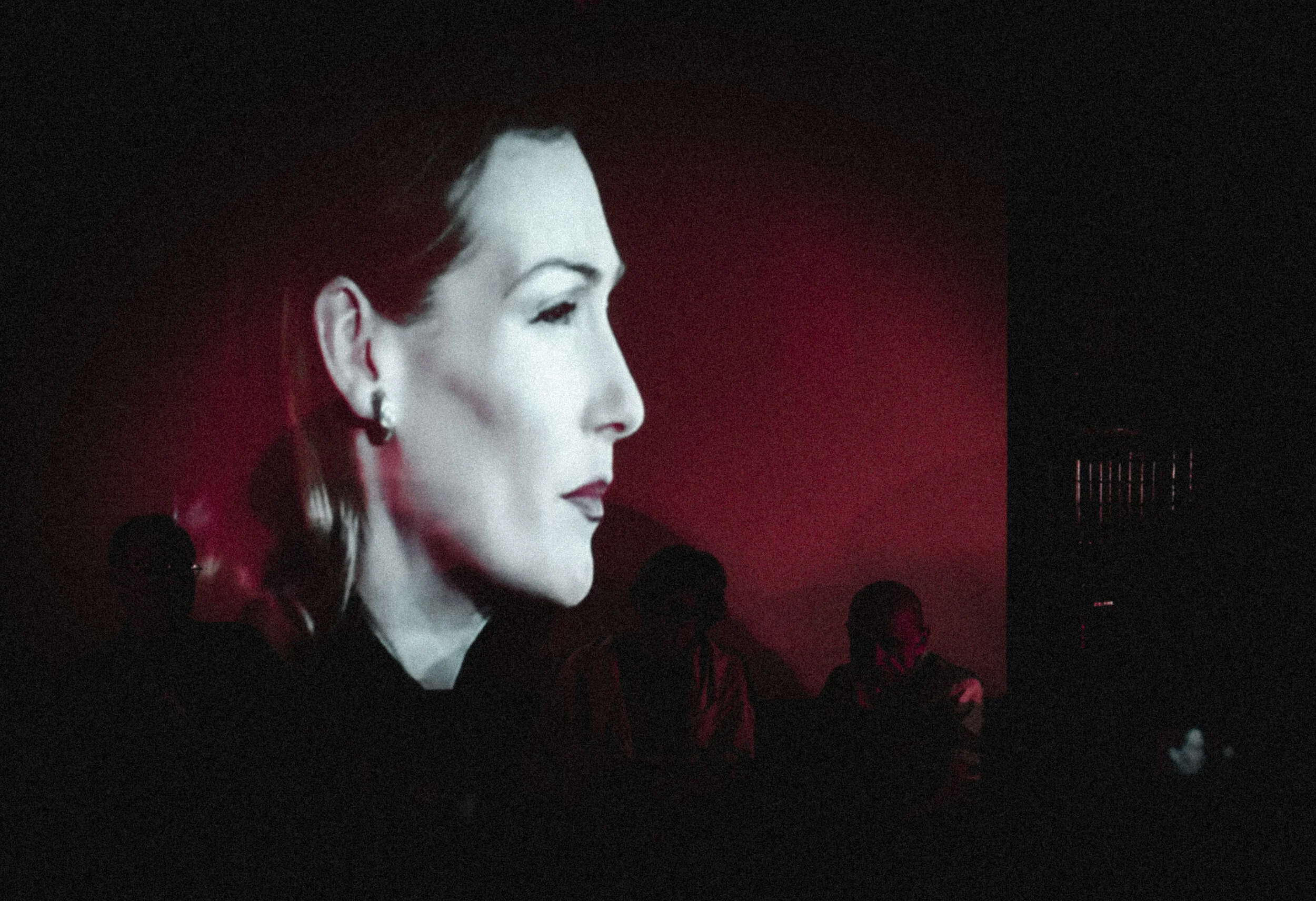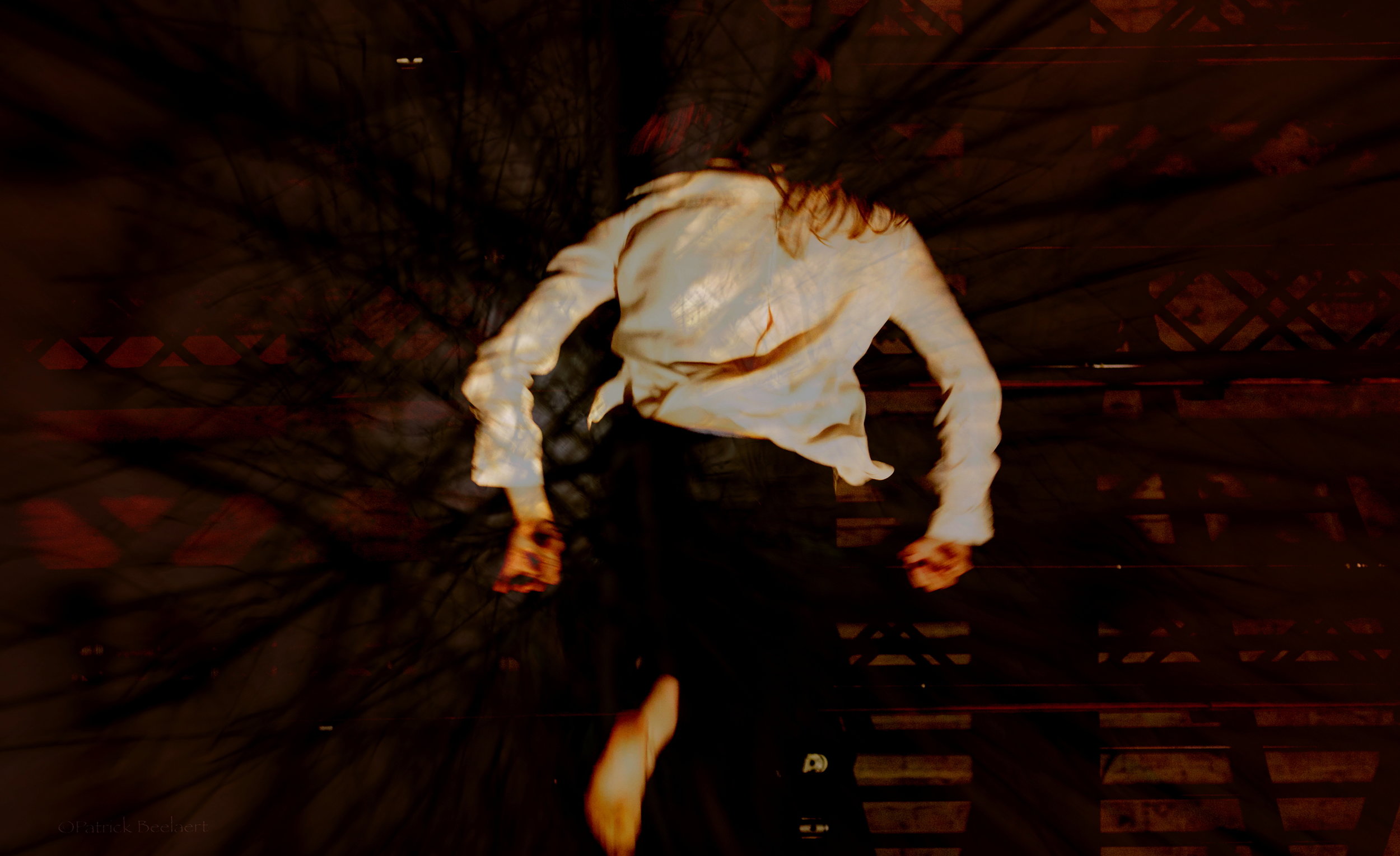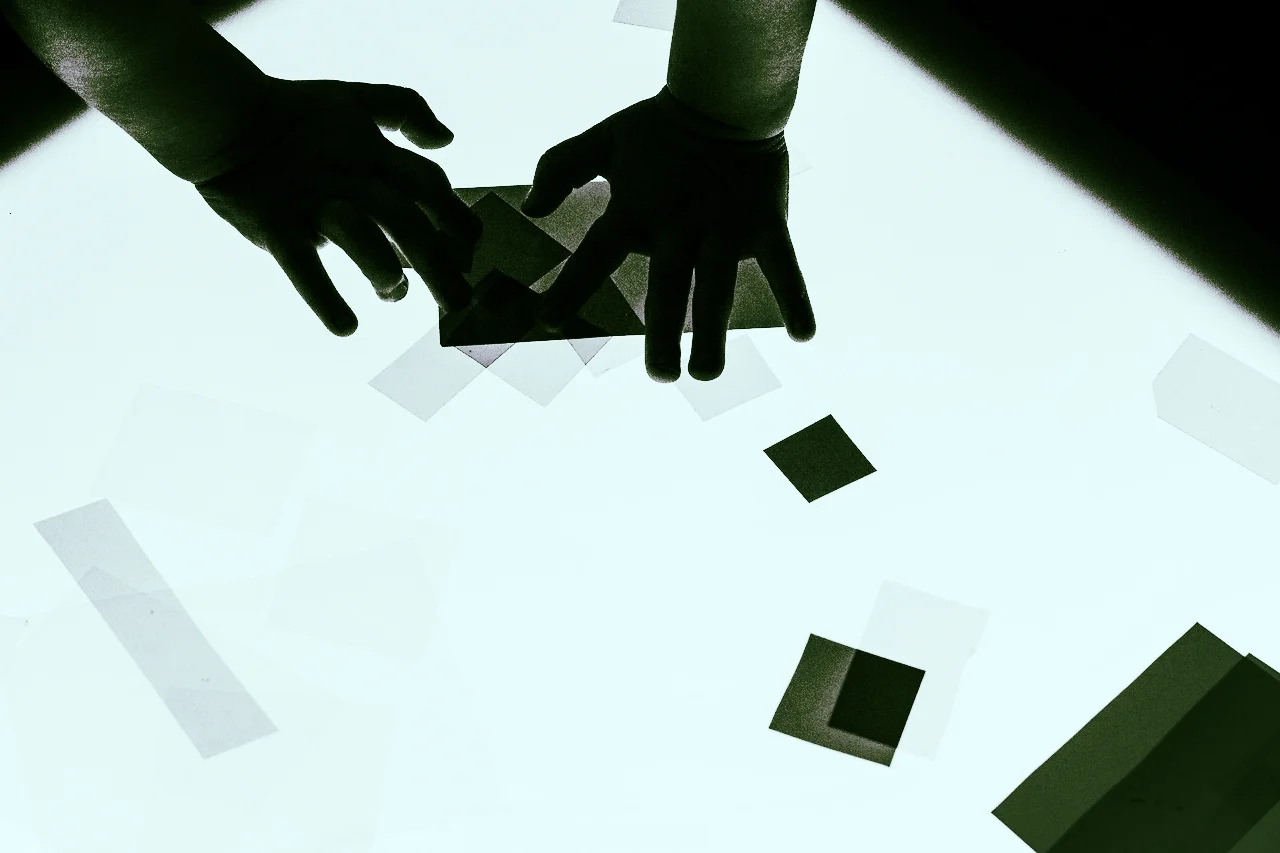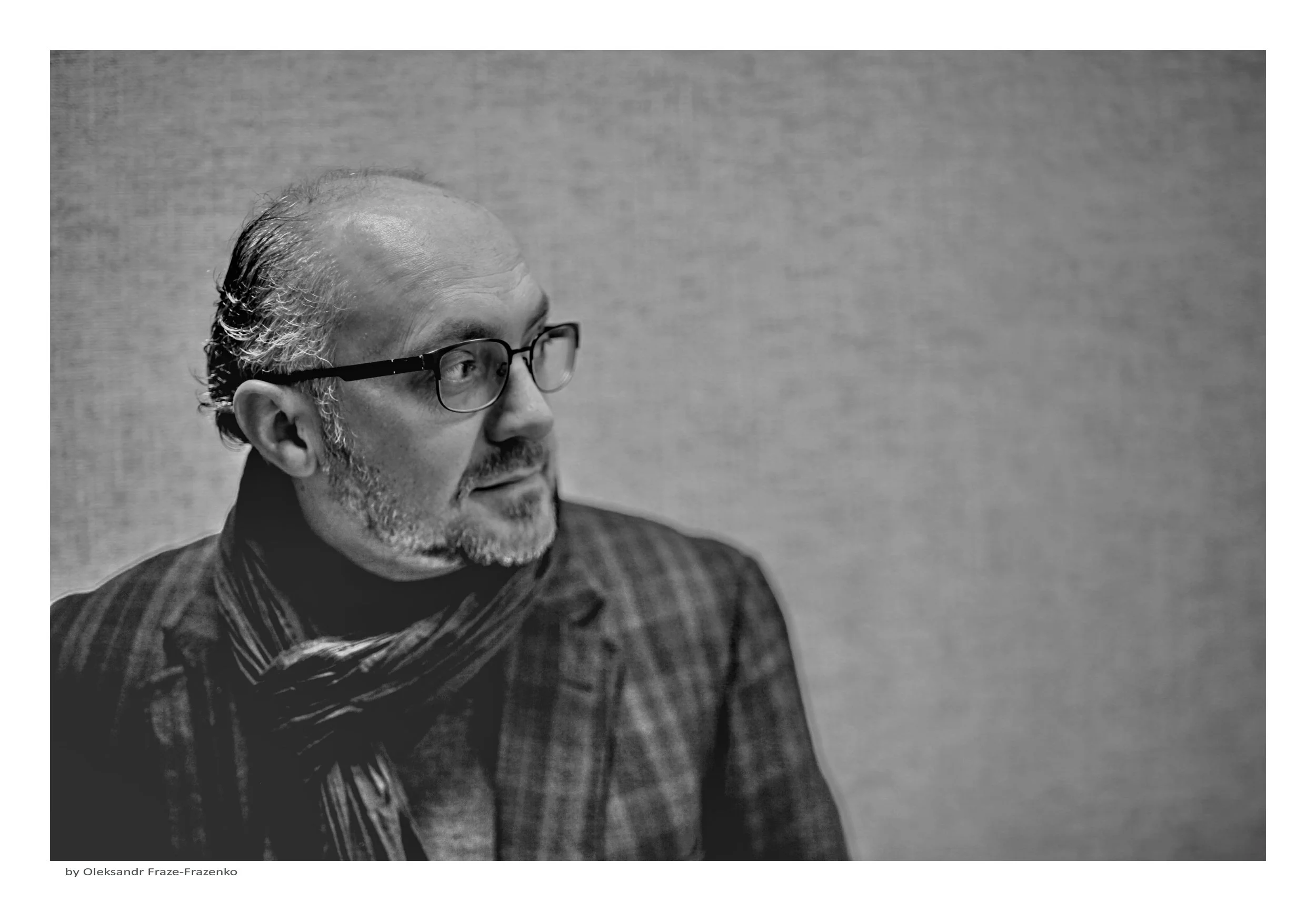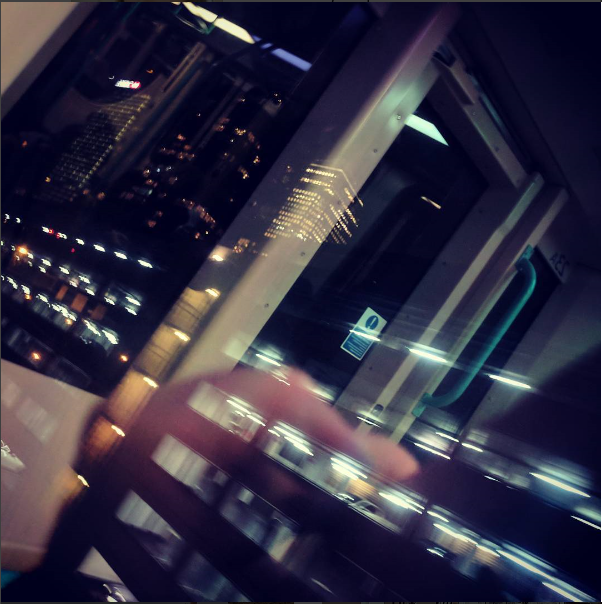The Intimation of Sound
by Oksana Zabuzhko
Translated from the Ukrainian by Nina Murray
Today it is impossible for me to recapture all the details of what I felt, when, as a child, I looked at the stars and sensed (at night—I couldn't do it during the day when the stars were invisible) that the sky is alive—and knowing this made me utterly happy.
Read More
Fight and Pride: Our Stonewall
by Lyosha Gorshkov
My past, or my imagined past if you will, was brutally erased overnight by the goblins of traditional values poisoning Russia with homosexual panic and the exploitation of its darkest servants: the Government, Law Enforcement, the Church and Propaganda.
Read More
BR(AVE TO)EXIT
by Giulia Medaglini
The name is Julia but not as in the English spelling. Pretty Woman came out when I was born but it was dubbed in my country, you know? Nyet. Not even Yulia. It’s spelled with the “G” of grit and the “I” of incomer. Like that. Sì.
Read More
Almost Like in the Story
by Artem Cheh
Translated from the Ukrainian by Olena Jennings and Oksana Lutsyshyna
“Val, this louse, is sitting at the third line of defense, calling his wife and rambling on about how he was picking the guts of his friends off the ground.” My commander was telling the story about one of the soldiers with despair in his voice. He nearly shouted.
Read More
La La On My Retina
by Billie Hanne
When we are touched we are moved. Silence emerges, blooms, but, as in Nature so in us, silence can only last for a second. Then we have to speak, do, move. And thus we make, create, take action to be with, to participate in, yet to not disturb the vision that we are presented with. We do what we can to hold onto and deepen our experience of the moment that grasps our attention. We open our heart as wide as we can to receive its mystic content. We bare what we are able to. One person only a bit stronger than the next.
Read More
How to Become a Body
by Evan Steuber
Look in the mirror and see how your eyes will frame age and time. Death is the most obvious beginning. We dress up a corpse to convince ourselves this is a person. Still, if the corpse can be forgotten, death is also the easiest way to avoid the fate of the material. Existent only in memory, the deceased is perfectly singular.
Read More
Chickens Don't Fly
by Vasyl Makhno
Translated from the Ukrainian by Ali Kinsella
There was a time when the hills of Bazar were the highest and the greenest. And I carried the Dzhurynka River nestled in my shirt like a quail’s egg found in the grass. And the rains came to us like guests on the Intercession; and snow grazed on the banks of the Dzhurynka.
Read More
The State of Culture in the Occupied Donbas, or How I Became an Occupier
by Lyuba Yakimchuk
Translated from the Ukrainian by Dmytro Kyyan
I sometimes do things that my friends never do. As a matter of fact, I watch the local news of the occupied Ukrainian territories that these occupiers call "republics," and this looks like some kind of masochism, apparently.
Read More
All Empires Collapse
by Andriy Tuzhykov
Translated from the Ukrainian by Dmytro Kyyan.
The Ukrainian People's House in Chernivtsi, where Anna works, is surrounded by three streets: Ukrainian street, Armenian street, and Yakob von Petrovich street, named after the Armenian mayor of Chernivtsi. Sometimes, they simply say Jakob Petrovich street without the prefix “von”, for it makes the democrats get too annoyed, so both versions are used in the various guides, web pages and street conversations. In front of the People's House there is an Armenian church which also serves as a concert hall.
Read More
The Festival
by Oleksandr Boichenko
Translated from the Ukrainian by Dmytro Kyyan
In the country of a constantly fierce, although predominantly contrived ideological struggle, Meridian professes the ideology of tolerance. In the country where Russian still remains the language of interethnic communication, Meridian speaks a dozen languages. In the country filled up to the brim with vodka, Meridian promotes a culture of wine consumption.
Read More
To Tanja
by Oleksandr Boichenko
Translated from the Ukrainian by Dmytro Kyyan and Zenia Tompkins
Since writers (Kundera, in particular, but long before him: Strindberg, Joyce or Celan, for example) have suggested to critics that a literary work can be composed in accordance with the laws of music, the latter – that is, the critics – began to use, where it was necessary and not, terms such as a "poem-fuga," "drama-sonata," "novel-symphony" and so on.
Read More
Sounds of a City
by Kelsey Farish
With neither friends nor family to meet me at the airport, I stumbled out of a black cab and into central London. It was early September, and I was twenty-three. My two old suitcases had barely survived the transatlantic flight, and were refusing to stay still. They continually found themselves in someone else’s way as I navigated through Victoria Station. I was painfully aware of each inelegant fumble I made over cobblestoned pavement and my awkward hesitations at crosswalks, uncertain of which direction to look for oncoming traffic.
Read More
Her Name was Elissar
by Raffi Gostanian
Legend has it that Tunisia was founded in the ninth century BC by a woman. Her name was Elissar (also known as Elissa, or Alyssar). The legend goes roughly like this:According to the Greek historian Timaeus, King Belus of the Phoenician Empire of Tyre (modern-day Lebanon) nominated both his son Pygmalion and his daughter Elissar to be his heirs. Pygmalion, however, was a tyrant; he usurped the throne, killing his sister’s husband and forcing her to flee.
Read More
Who Owns the Land?
by Olga Morkova
In March of 2014, a few days after Russia’s illegal annexation of the Crimean peninsula, my mother called to warn me against returning home. A new border between Crimea and Ukraine had been established overnight, and tanks were rolling down the street outside of my parent’s house. As a human rights lawyer and pro-Ukrainian activist, she knew that I would be labeled an enemy of the Russian government. I am now a foreigner in my own home. Ukrainian phone lines stopped working in Crimea soon after, and I could no longer call my parents.
Read More


